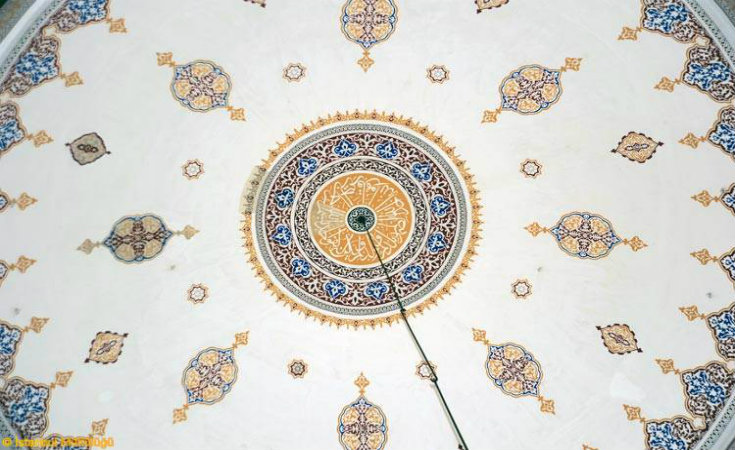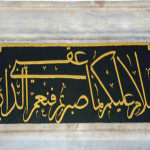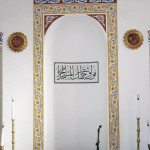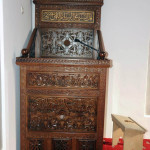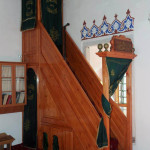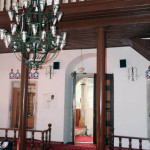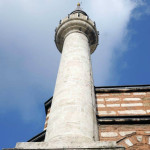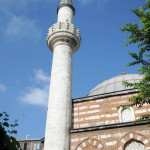Çorlulu Ali Paşa Camiisi ( Corlulu Ali Pasa Mosque)
The Çorlulu Ali Paşa Mosque Complex is the last example of the Classic Ottoman style in Istanbul. The complex - formed from the mosque itself, a dervish lodge, a madrassa, a library, a graveyard, an entailed estate - was built between 1701-1709.

Loading ...
Address
Kasımpaşa, Camialtı Tersaneiçi
Visiting Hours
Daily, except prayer times.
Muslims pray five times each day. The precise timing of prayers often vary by a few minutes each day, therefore throughout a year there is a wide range of prayer times. The reason is that Islamic prayer times were traditionally set according to the movement of the sun.
Actually Islamic prayers are fixed at the same "time" period each day -- before dawn, noon, afternoon, sunset, and evening. Because of the rotation of the earth, the latitudes of the earth’s locations, daylight savings time, etc. -- the "times" (according to the clock) for these prayers change depending on time of day and location.
The Çorlulu Ali Paşa Mosque Complex is the last surviving example of the Classic Ottoman style in Istanbul. The complex – formed from the mosque itself, a dervish lodge, a madrassa, a library, a graveyard, an entitled estate – was built between 1701-1709.
Commissioned by Çorlulu Ali Paşa, a Grand Vizier in the time of Ahmed III, the mosque has been frequently damaged by fire but despite this continues to preserve much of its original appearance.
The mosque was built on a square plan and constructed of brick set off by light colored stonework.
Today the cells of the madrassa and dervish lodge are gift shops and the courtyard of the madrassa is now used as a cafe.
Mosque is a place of worship for Muslims. It comes from the Arabic word 'masjid' which literally means "a place for prostration". Mosques are also places where Muslims come together for different purposes such as education, social gatherings, public meetings, exhibitions, lectures etc. Although there is no specific requirement for mosques in terms of their architecture, one can see some common features inside and outside of many mosques such as minarets, domes, ablution areas, prayer niche (mihrab), pulpit (minbar) and so on.
Muslims are obliged to perform the ritual worship 5 times a day. They are not required to attend a mosque for each of these prayers however in order to interact with the community they are encouraged to pray in congregation. Friday noon is the only time in a week when Muslims must definitely join the congregational prayer in a mosque after which they can continue their work, education or other commitments.
Azan or the call for prayer is a vocal announcement that one can hear from minarets 5 times a day. The call to prayer is made live -even early in the morning- by a person called 'muazzin'. The muazzins are usually chosen from people with loud and beautiful voices and trained over years to make this announcement beautifully and invite people to worship.













